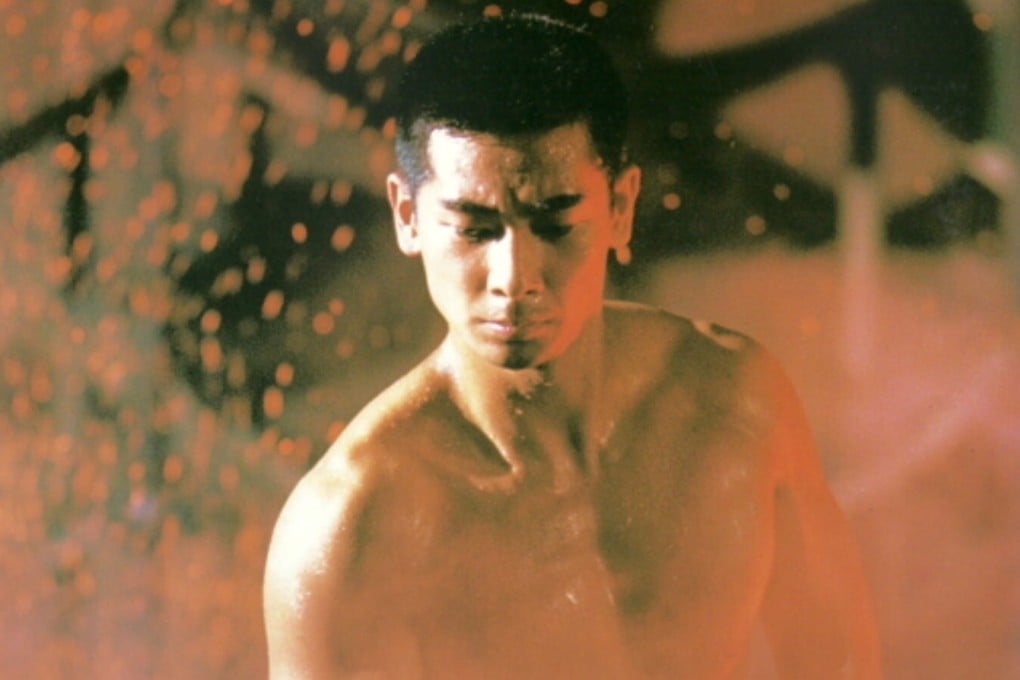The Blade, Tsui Hark’s nihilistic 1995 wuxia movie, may be the director’s least appreciated martial arts masterpiece
- Tsui’s film throws out the chivalry of the martial arts subculture and depicts in starkly realist style fighters who are cruel and barbaric
- He worked without a script, asking the cast to act out their character’s feelings, and didn’t choreograph fights. One critic called it a ‘stunning achievement’

Tsui Hark’s misanthropic and nihilistic 1995 film The Blade didn’t so much signal the end of the wuxia movie boom of the early 1990s as underscore how bored viewers had become with the genre. Wuxia films had peaked in 1993, and audiences stayed away from The Blade when it opened in cinemas in Hong Kong, condemning the film to relative obscurity.
In spite of its poor performance at the box office – it only took HK$3.3 million – the film is a martial arts masterpiece which stands as Tsui’s most mature work.
The story, which is very loosely based on Chang Cheh’s groundbreaking One-Armed Swordsman (1967), throws out all the codes and traditions of the martial arts subculture, or jiang hu, to depict a cruel society of barbaric people who have become inured to compassion and justice because of the brutality of their environment.
“The Blade is probably going to be Tsui Hark’s most stunning achievement of the 1990s, a film that rolls along on the director’s ephemeral style, but points the martial arts genre to a long-lost realist tradition,” wrote Hong Kong critic and academic Stephen Teo in 1995. “The images are overwhelming in their violence, emotion and beauty.”
The script, co-written by Tsui, draws on some of the thematic and plot elements of Chang’s classic. The hero only has one arm, the film is set in motion by the coquettish malice of a young woman, and there is the discovery of a half-destroyed manual containing some powerful martial arts techniques.